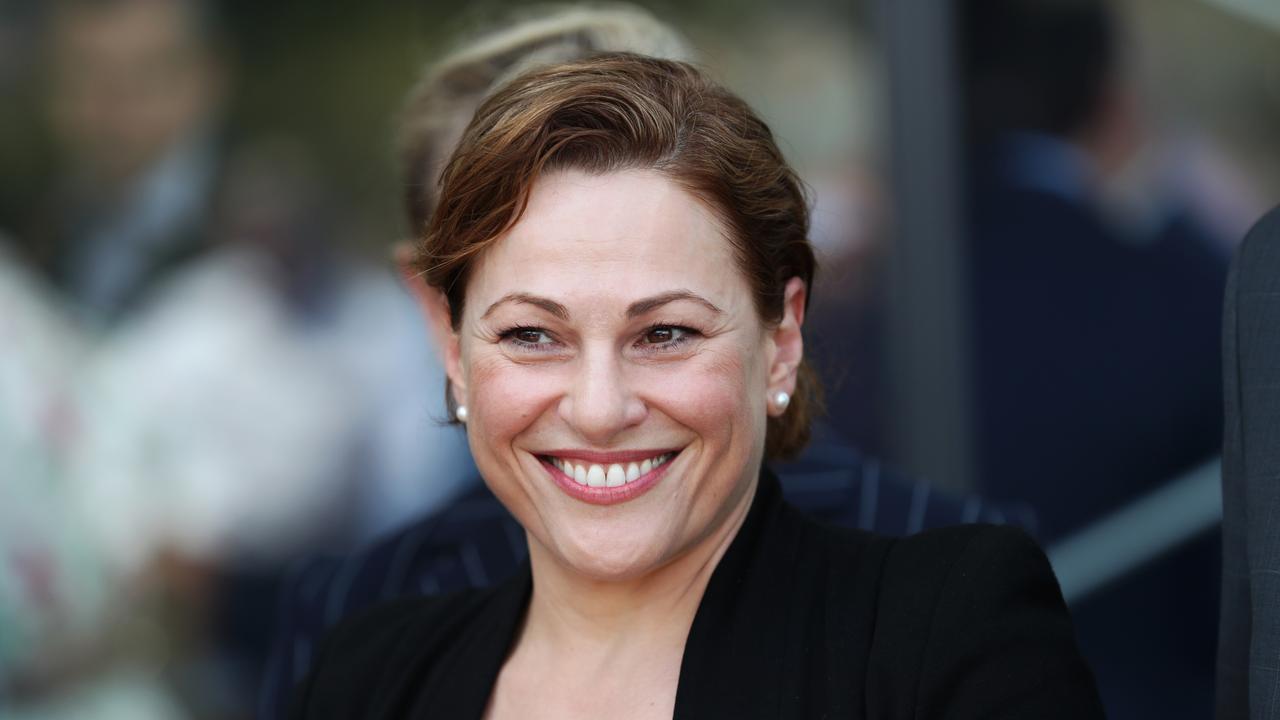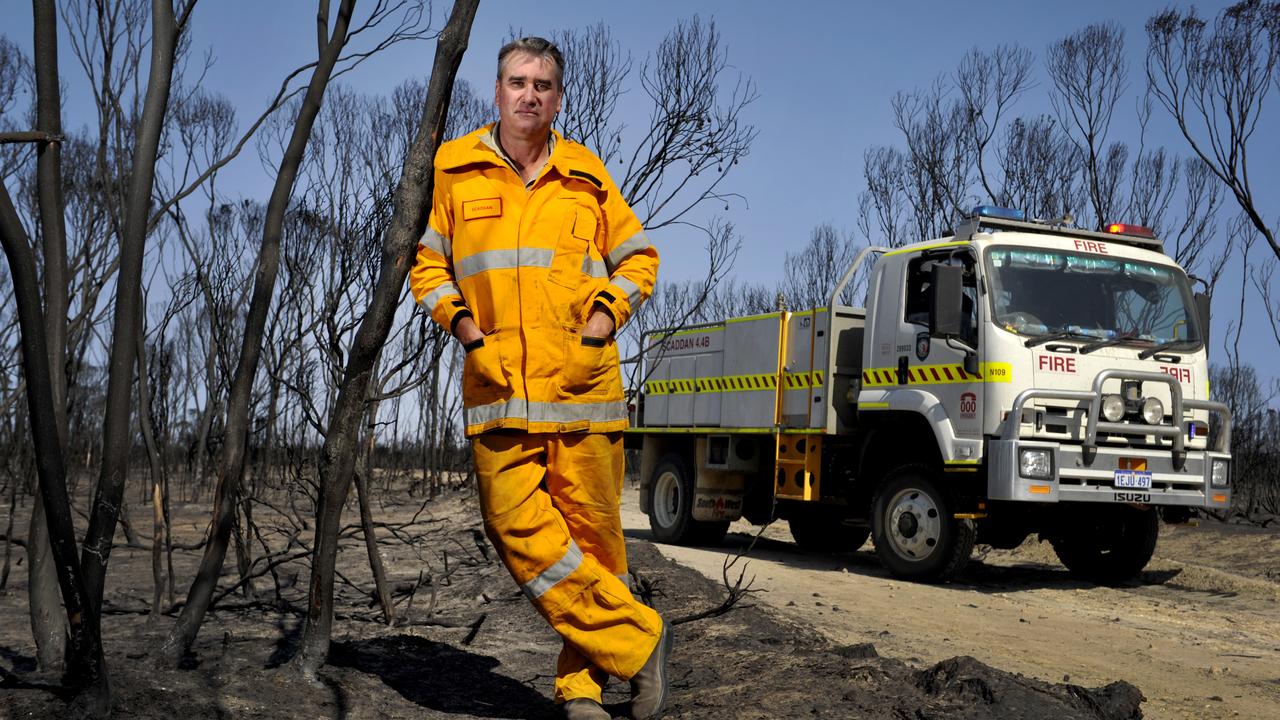Australian of the Year awards hijacked by activists, say former winners
PM wants Australian of the Year awards to honour extraordinary achievers as critics say they’ve been hijacked by activists.

Malcolm Turnbull wants the Australian of the Year awards honouring people who have gone out of their way to achieve extraordinary things.
The Australian of the Year awards have been “hijacked” by activists choosing nominees along political and ideological lines, former winners say, after the latest finalists were announced yesterday.
Mr Turnbull didn’t want to be drawn on past nominations for the annual awards. “I’d like to see Australians that have not just done their day job but have done something out of the ordinary, extraordinary,” he said.
Included on this year’s list are “social innovators”, “diversity and inclusion champions”, “social entrepreneurs”, “sustainable living advocates” and a food van founder.
Andrew “Twiggy” Forrest — nominated for the Australian of the Year award — is described by organisers as a “philanthropist and anti-slavery advocate”.

The Australian of the Year finalist, nominated by Western Australia, is one of the few successful business leaders included in the list of finalists for the awards, which will be announced on January 25, a day before Australia Day.
Former army officer Catherine McGregor, a finalist last year, said yesterday the system was “broken”, with award winners being used to promote special interests.
The transgender ex-military figure, last year’s Queensland Australian of the Year, called for the awards to be overhauled.
“I think it has been hijacked by activists. It is unrepresentative of middle Australia and I regret profoundly ever being involved with it,” Ms McGregor said.
This year’s list of finalists includes former political candidates, activists and medical experts, with few leading business, entertainment and sporting figures.
Paris Aristotle, who is Victoria’s nomination for Australian of the Year, currently chairs two federal government councils and is described as a “tireless advocate for refugees and asylum- seekers”. In 2012, Mr Aristotle was appointed to the Prime Minister’s Expert Panel on Asylum-Seekers.
Young Australian of the Year finalist Jason Ball, who was also nominated by Victoria, ran for the Greens at this year’s federal election and supports the controversial Safe Schools program and same-sex marriage.
Mr Ball, the first AFL player to come out as openly gay, created the Pride Cup, celebrating “diversity and inclusion in sport”.
“He’s trained AFL draftees on inclusive language, and has represented beyondblue and the Safe Schools Coalition Australia,” his Australian of the Year Awards bio reads.

Another politically aligned finalist for the Australian of the Year award is Andrea Mason, who runs a network of women’s councils in Northern Territory.
The former Telstra Australian Business Woman of the Year was “the first indigenous Australian woman to have led a political party, after the Family First Party chose her as its national leader in 2004”.
Yasmin Khan, chairwoman of the Ethnic Communities Council of Queensland, is Queensland’s finalist for the Local Hero category for her work as a “diversity champion”.
Ms Khan, a long-term advocate for the Muslim community, has been an outspoken critic of Pauline Hanson’s One Nation and warned people on her Facebook page in June to “be careful” not to vote for the party.
“There has been a change to the process, the introduction of the local hero has brought it back to a community level, to people who contribute to a community on a local level,” she said.
Clean Up Australia Day founder Ian Kiernan, who was named Australian of the Year in 1994, said organisers needed “to go back to the old model”.
He said winners should truly represent and embody what it meant to give back to the whole nation, with previous awardees including Lowitja O’Donoghue, Fred Hollows, Fiona Stanley, Kay Cottee, Cathy Freeman and Alan Bond. “I believe you shouldn’t get the award for just doing your job — you’ve got to go further, doing something significant for your country.”
Since Tim Flannery was named Australian of the Year, in 2007, there has been ongoing criticism of the award being handed to recipients doing their jobs, or being rewarded for pushing a specific issue.
Ms McGregor, named Queenslander of the Year despite not living in the state, said people such as Turia Pitt, a burns survivor, were inspirations who should be championed. “I found it a disillusioning experience,’’ she said. “My exposure to the process led me to believe that it was used quite overtly to make political points that are actually anathema to most mainstream Australians.”
Mr Turnbull also highlighted the work Ms Batty and Mr Kiernan and talked up the philanthropy and campaigning work of Mr Forrest.

Businessman Dick Smith, who won the Australian of the Year award in 1986 in between Paul Hogan and John Farnham, said Mr Forrest’s selection was a sign the awards organisers were altering their criteria. He said “it was easy to criticise” but he supported the awards.
“I think Twiggy Forrest would be a pretty impressive person to be Australian of the Year because he has not only done well for himself, he has done a tremendous amount.”
The Australian of the Year Awards did not respond to questions submitted by The Australian last night. Neither Mr Aristotle nor Mr Ball could be contacted for comment.



To join the conversation, please log in. Don't have an account? Register
Join the conversation, you are commenting as Logout